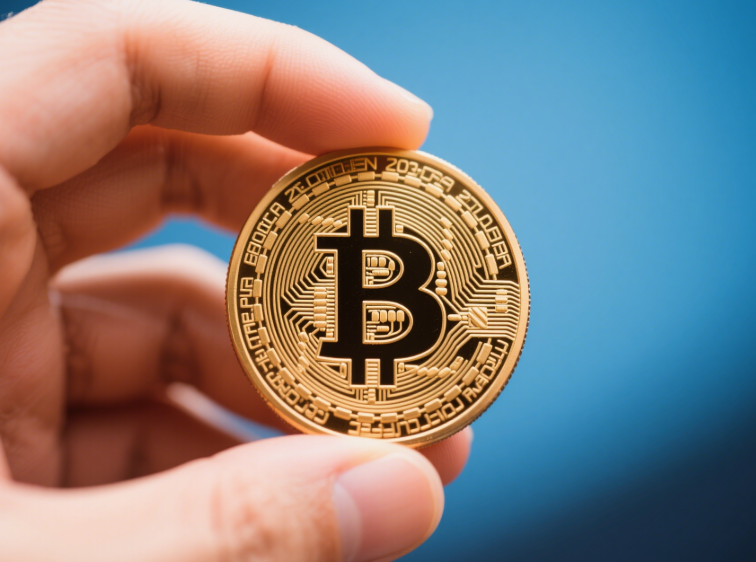Bitcoin has disrupted the traditional financial system since its inception, attracting countless investors globally. Especially in China, as the excitement surrounding Bitcoin has increased, mining activities and cryptocurrency trading have become hot topics. However, many people are asking: Is Bitcoin mining illegal in China? If it is, how many years could one face in prison? In this legal environment, how can one legally obtain Bitcoin? This article will answer all your questions.
1. Is Bitcoin Mining Illegal in China?
Evolution of National Policies
First of all, it's important to understand China’s legal stance on Bitcoin mining. In 2013, the People's Bank of China issued a regulatory notification regarding Bitcoin, stating that Bitcoin is not legal tender. Over time, in 2017, the government cracked down on ICOs and cryptocurrency trading, leading to increasingly strict regulations on digital currencies. In 2021, the Chinese government officially declared a complete ban on Bitcoin mining, labeling it a "high-energy consumption, high-pollution industry."

Is Mining Legal?
According to existing policies, Bitcoin mining is considered illegal in China. The government has not only shut down numerous mining facilities but has also seized related equipment. If you participate in these activities, you could face legal consequences. The specific sentence can depend on the severity of the case; if deemed illegal business operations, fines and potentially several years of imprisonment could be the result.
2. If It’s Illegal, How Many Years Could You Get?
In China, the legal consequences of mining mainly fall into several categories:
Administrative Penalties
For personal or small-scale mining activities, administrative penalties are often imposed, which may include fines or confiscation of equipment. For instance, if it’s found that you are mining Bitcoin, local authorities may confiscate your machines and impose a fine.
Criminal Responsibility
If your mining activities are deemed serious enough, you could be classified as engaging in "illegal business operations," resulting in harsher penalties. According to Article 225 of the Chinese Criminal Law, if the circumstances are serious, you could be sentenced to less than three years of imprisonment, detention, and fines; especially serious offenses could result in a sentence ranging from three to seven years, along with fines. "Serious circumstances" typically depend on aspects such as the money involved, energy consumption, and societal impact.

3. How to Legally Obtain Bitcoin?
Even though mining has become a risky endeavor, there are still legal avenues to obtain Bitcoin. Here are some common channels:
Purchase through Exchanges
This is the most straightforward method. You can buy Bitcoin through overseas or Hong Kong-based cryptocurrency exchanges (e.g., Binance, Huobi). When choosing a platform, ensure it is legitimate and reliable to avoid scams.
P2P Trading
If you prefer not to use exchanges, you can opt for P2P (peer-to-peer) trading. Through platforms like LocalBitcoins or OTC trading groups, you can trade directly with other users to acquire Bitcoin. This method offers greater flexibility, but you must also be cautious about transaction security.
Join Bitcoin Communities
Participating in Bitcoin-related communities and discussions often provides opportunities to acquire Bitcoin for free or at reduced prices. Some platforms distribute Bitcoin as rewards for completing tasks or activities.

Earn Bitcoin
Several companies and individuals now accept Bitcoin as a payment method. If you have freelance opportunities, consider settling your income in Bitcoin.
Conclusion
Bitcoin mining is explicitly prohibited in China, with potential legal consequences including fines or imprisonment for several years. However, there are still legal ways to obtain Bitcoin, such as buying through exchanges, engaging in P2P trading, or participating in Bitcoin communities. For investors, choosing strategies that align with legal awareness is equally important. While navigating the cryptocurrency space, it’s essential to ensure that your methods comply with local laws and regulations to avoid unnecessary risks.
Whether you are a beginner or an experienced investor, staying informed about policy changes and executing your Bitcoin investments wisely is crucial to thrive in this rapidly evolving market.
If you have any further questions or other topics you would like to discuss, feel free to leave a comment!
















No comments yet